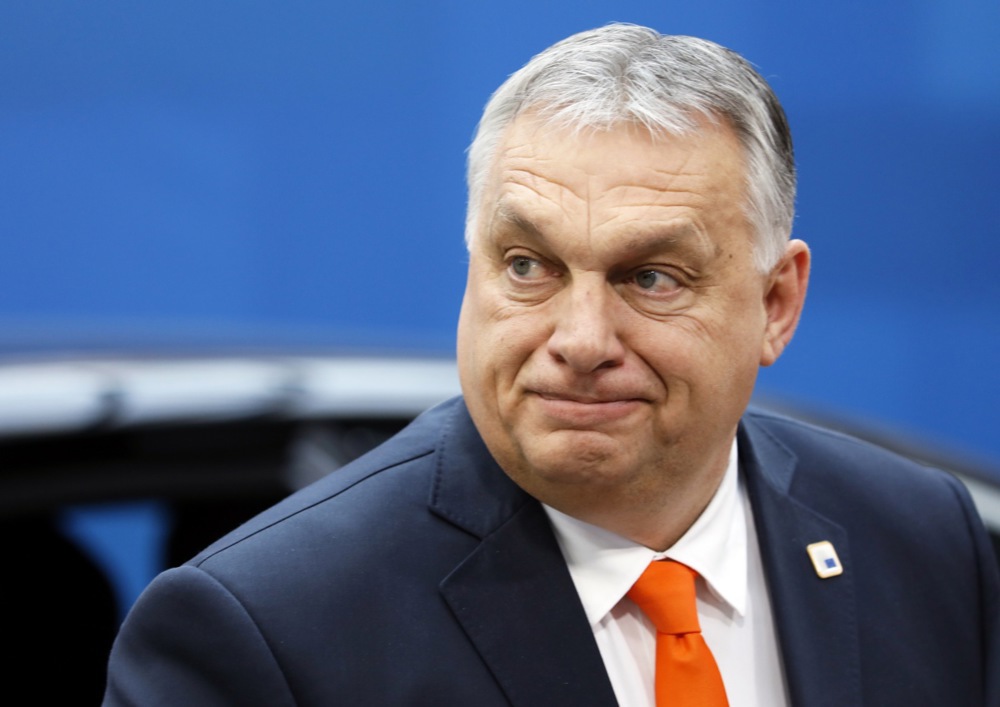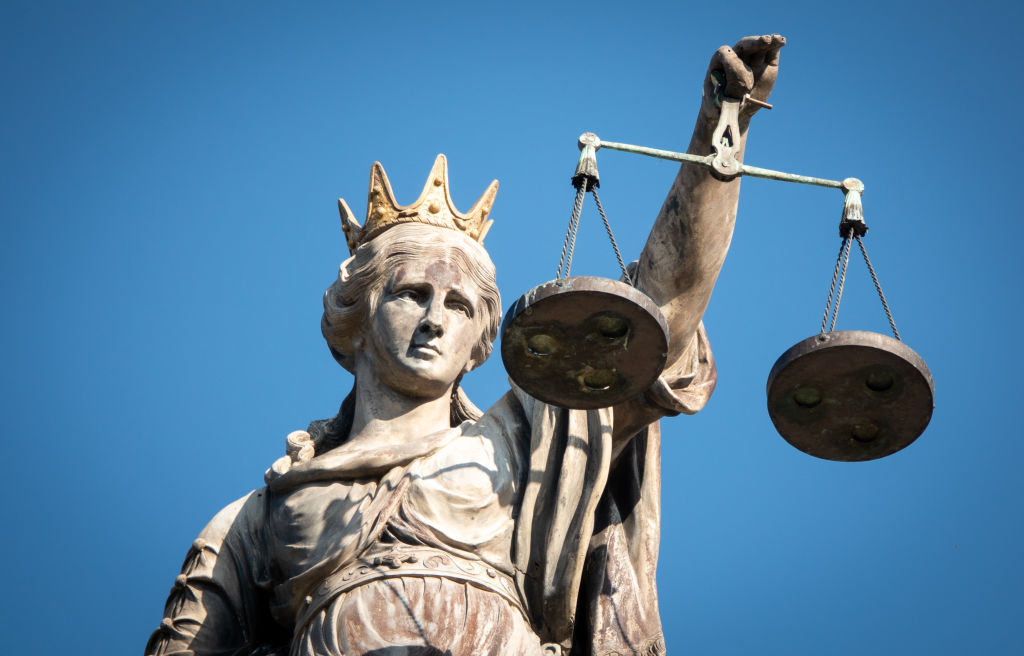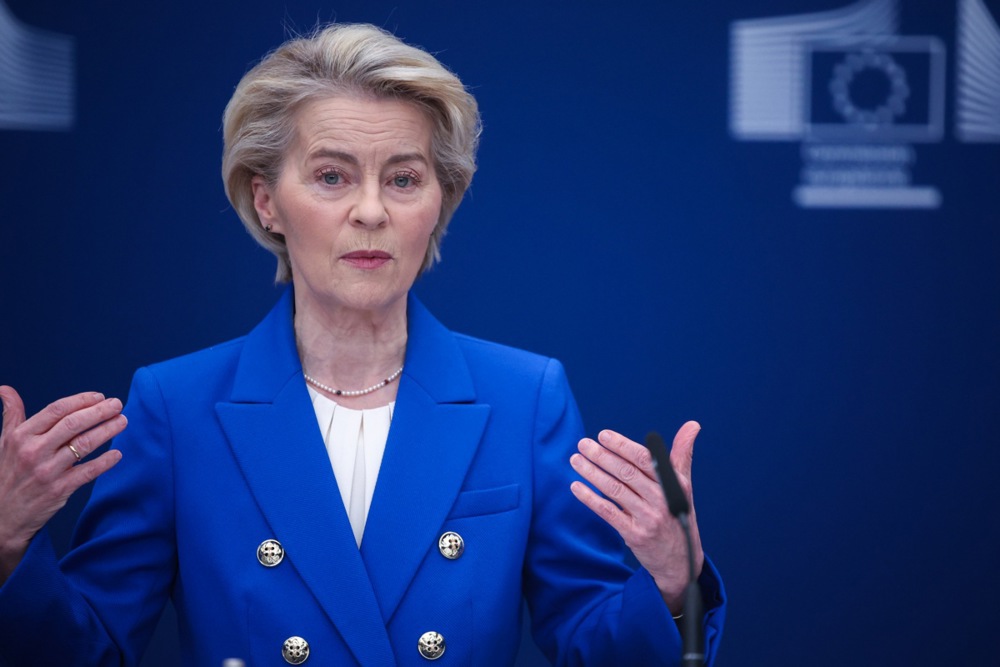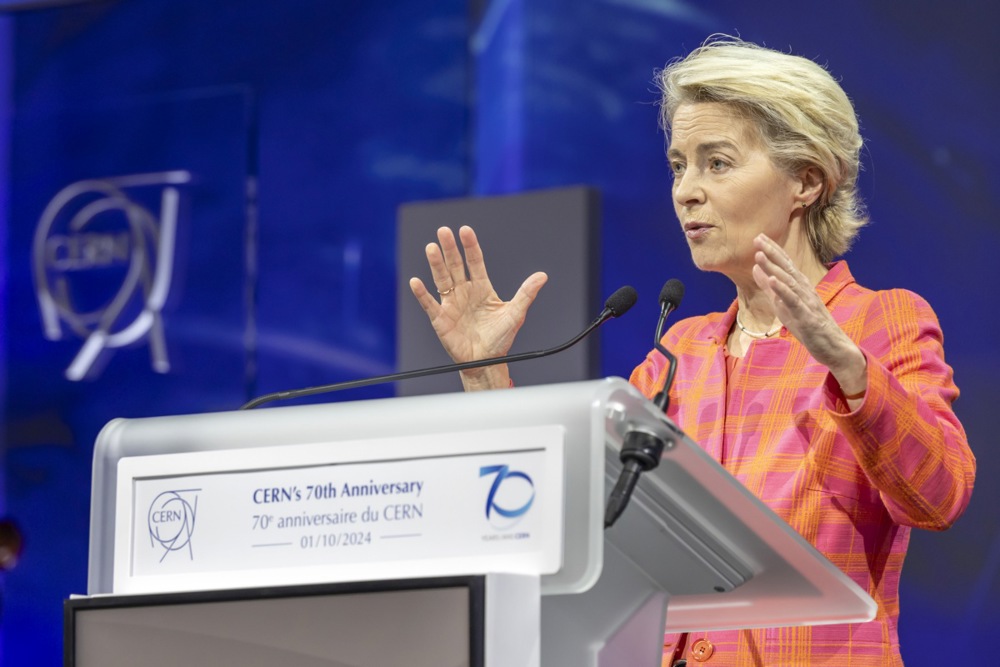Two options have been proposed by the Patriots of Europe, who aimed to reform how the European Union was currently run.
They were: Return to European co-operation as it was intended decades ago, or start anew from scratch.
Many in the Brussels bubble would admit that Europe in its current state was failing and needed drastic reform.
While the elite consensus was to create “more Europe” to fix things, the Patriots wanted to go in the opposite direction and put the member states back at the centre.
With a tongue-in-cheek reference to the so-called “Davos crowd”, the Patriots presented their “Great Reset” plans to the European Parliament on June 11 under the guidance of MEPs András László and António Tânger Corrêa.
That was in reaction to plans in Brussels to have new treaty reforms by 2030, as proposed by arch-eurofederalist Guy Verhofstadt and that mostly have stayed under the radar.
Leaning on the work of the Mathias Corvinus College (MCC) in Hungary and the Polish Ordo Iuris institute, the Patriots lamented the democratic deficit in the European institutions. They noted that the institutions continued to centralise power, erode national sovereignty, bureaucratise and expand their progressive ideology.
Jerzy Kwaśniewski, the president and co-founder of the Ordo Iuris Institute, painted a grim picture of the current state of affairs in Brussels.
Since the Lisbon Treaty, where ambitious goals were set, the European Union’s institutional make-up has remained unchanged but Brussels had seen many crises weakening Europe: The Euro crisis, the migrant crisis and the Covid crisis being the most prominent.
Kwaśniewski stressed that the EU was in decline on all fronts. Economically, technologically and on energy among other things, it was lagging further and further behind compared to the US and China. In his view, the EU was the engine of decline and not the solution to it.
Instead, the Polish lawyer said he wanted to restore “intergovernmentalism” and more flexibility, with different levels and even the revocation of integration.
He also proposed an internal, European unit to assess every regulation on its respect for subsidiarity, a cornerstone of European co-operation that has been side lined by those wanting to centre ever more power in Brussels.
Unanimity of votes should be expanded, Kwaśniewski said, and the European Commission should be reduced to a supportive organ of the member states.
Likewise, the European Court of Justice and the European Parliament should become less important in decision-making, to the benefit of national democracies, he said.
The MCC’s Rodrigo Ballester presented the two scenarios to achieve this. One was drastic reform, “Back to the Roots”, with 23 proposals to achieve key goals to improve the functioning of the EU. That would be in line with what Kwaśniewski had said and with how Europe worked before the Maastricht reforms.
Scenario number two was a “new beginning”, a tabula rasa or clean slate and start over with a new treaty enshrining sovereign states as the dominant actors in a new Union.
The core principles of co-operation would be national sovereignty, voluntary and revocable participation, intergovernmental decision-making, strict national mandates for competence-sharing and subsidiarity.
This second scenario was seen as the most contentious and it was stressed that keeping what already worked was much more preferable.
Ballester noted that the flexibility element was in line with what many federalists had already proposed.
The MCC’s Head of the Centre for European Studies also stressed the need for a clear definition of “competences”, calling it “the most ignored rule in the EU”.
According to Ballester, Brussels overstepped its competencies by having the final word on sex education for children in member states, the recognition of gender identity and a whole host of other “progressive values” that were, in his view, not EU-related.
He pointed to Article 114 of the Treaty on the Functioning of the European Union (TFEU), calling it “a highly controversial provision, often distorted from its original purpose, which allows the EU to act without an explicit legal basis in a given field”.
That had led to what he called the unlawful extension of the EU’s competence, particularly in areas that did not fall within its jurisdiction.
One example of this was the media sector, where the Media Freedom Act had been justified under the article despite media regulation not being an EU competence.
Another quirk was how Denmark was able to have its own migration policies but other member states had to toe the EU line. That was despite the EU borders being open and the migration policies of the bloc being “a fiasco”.
“Why should only Denmark be free to decide on this?,” Ballester asked.
The Spaniard also said he wanted to fix things at the top. The EC president should become the Secretary General, he said, emphasising the role of an administrative officer, responsible for day-to-day operations, one who implemented decisions rather than acting as the unelected leader of Europe.
Current EC President Ursula Von der Leyen’s salary should also be capped at a modest €10,000 per month, he added, compared to the almost €35,000 she got now, excluding the many benefits on top.
With these suggestions, the Patriots for Europe may appear somewhat isolated but they were for many now at least armed with enough material to spice up future debates on treaty reform in the European Parliament.





